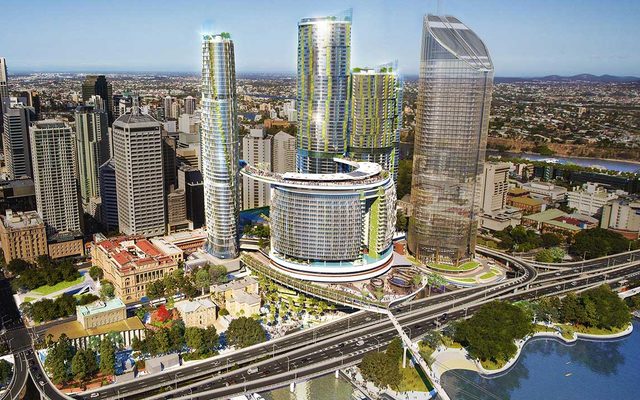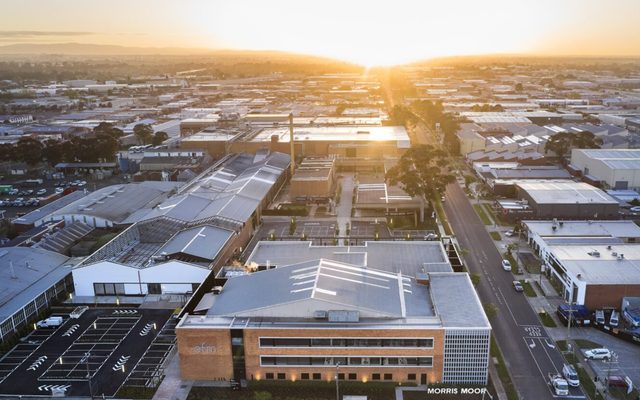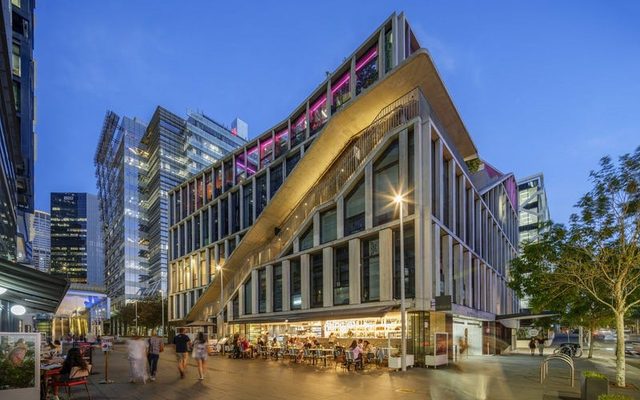This article is from the Australian Property Journal archive
ARDENT Leisure says Dreamworld is on track for its two-year recovery from last year’s fatal ride tragedy, as the group continues to develop a masterplan for some 25 hectares of land it owns around the park on the Gold Coast.
The October incident led to the closure of the park for 45 days and led a44.6% drop in core EBITDA to $76.1 million for the 2017 financial year, and 14.8% reduction in revenue to $585.6 million, according to the group’s preliminary annual results, subject to auditing.
“The masterplan’s objective will be to investigate maximum land uses including short and long term accommodation options and a variety of commercial uses of appropriate scale to capitalise on and integrate with other evolving opportunities in the surrounding area as well as facilitate Dreamworld evolving into an integrated ‘Entertainment City,” the group said.
Oliver Hume is advising Ardent on the masterplan, which is expected in the first half of 2018.
Revenue from the group’s theme parks business fell by 34.1% to $70.9 million and core EBITDA by 109.8% to a loss of $3.4 million, largely due to Dreamworld, with margin down 37.1bps to negative 4.8%. The opening of the Lego store in January, accessible by park visitors and the public, has provided one building block for the future by meeting full-year sales forecasts in its six months.
The financial year also saw the exit of chief executive officer Deborah Thomas. She left the group weeks ahead of an announced move to a newly created role as chief customer officer and chief operating officer.
Simon Kelly has since assumed the role as CEO, whilst the group continues to be publicly challenged by renegade shareholder Ariadne. The company’s directors, Gary Weiss and Kevin Seymour, challenged for board positions earlier this year.
Ardent completed its transition to a “customer experience driven leisure and entertainment business” over the financial year following the sale of its health clubs and marinas divisions.
“From my relatively early days in the business, it is clear that there are many opportunities for us to do better. We are firmly focused on these opportunities which will deliver significant value upside for our securityholders,” Kelly said.
“Main Event’s results are disappointing and provide plenty of opportunities for improvement. Dreamworld has faced very challenging trading since re-opening but is firmly on the path to recovery, however this will take some time,” he said.
Its US-based Main Event business saw revenue up by 29.5% to $226.2 million and core EBITDA by 5.6% to $46.0 million on the back of a combination of the full year effect of centres opened in the 2016 financial year, and the contribution of 10 new centres that opened in 2017. However, constant centre revenue had fallen 2.6% and margin was down 4.6bps to 20.3%.
Revenue and core EBITDA were both down in the bowling and entertainment division, by 2.2% to $127.7 million and by 16.6% to $15.2 million respectively, and margin likewise, by 2.1bps to 11.9%.
“Our Australian Bowling and Entertainment business continues its successful transition from a more traditional bowling business to a multi-faceted entertainment business,” Kelly said.
Australian Property Journal




